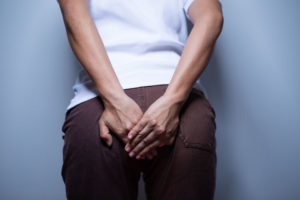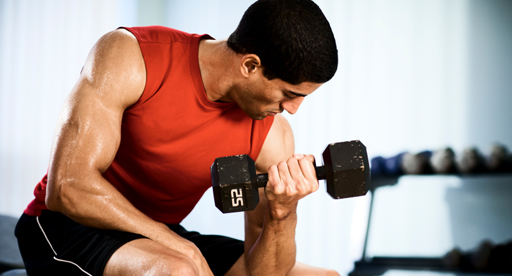 Hemorrhoids — they’re extremely common and not typically dangerous, but also extremely undesired. The pain and discomfort caused by hemorrhoids are often stressors for patients, so many people wonder: What causes hemorrhoids, and how can I avoid them? Here, we’ll discuss the main causes of hemorrhoids, as well as the best prevention tactics to avoid this uncomfortable condition.
Hemorrhoids — they’re extremely common and not typically dangerous, but also extremely undesired. The pain and discomfort caused by hemorrhoids are often stressors for patients, so many people wonder: What causes hemorrhoids, and how can I avoid them? Here, we’ll discuss the main causes of hemorrhoids, as well as the best prevention tactics to avoid this uncomfortable condition.
Why Do People Get Hemorrhoids?
Hemorrhoids most commonly occur as a result of high amounts of pressure on the lower rectum. This may happen due to:
- Pregnancy
- Obesity
- Straining during bowel movements
- Sitting on the toilet for prolonged periods of time
- Constipation
- Diarrhea
Hemorrhoids also become more common with age. This is because as we get older, the tissues that offer support to veins in the anus and rectum naturally lose strength and elasticity, so the veins become less capable of handling pressure.
How To Avoid Hemorrhoids
Don’t strain during bowel movements.
When you strain during bowel movements, it places additional pressure on the veins in the rectum and anus, increasing the possibility of hemorrhoid development, so avoid straining and don’t hold your breath while passing bowel movements.
Eat a high-fiber diet.
You can avoid straining and constipation with a high-fiber diet including whole grains, fruits, and vegetables. If you’re having trouble getting the recommended daily amount of fiber, you can think about taking a fiber supplement.
Stay hydrated.
Drinking fluids throughout the day, especially water, can also help prevent hemorrhoids. Everyone should drink at least six to eight glasses of water each day.
Don’t wait to go.
Waiting to pass bowel movements can dry out and harden your stools, making them more difficult to pass without straining. Go as soon as you get the urge.
Stay active.
Exercise can help lower your constipation risk, as well as prevent pressure on your veins. For those struggling with obesity, an active lifestyle can also help with weight loss efforts to prevent hemorrhoids.
Avoid a sedentary routine.
Sitting for extended periods of time can heighten pressure on the anus. So if your workday calls for long periods of sitting, try to break up the day by standing up regularly and taking short walks.
To learn more about hemorrhoids and receive relief from hemorrhoid symptoms, contact us today.








